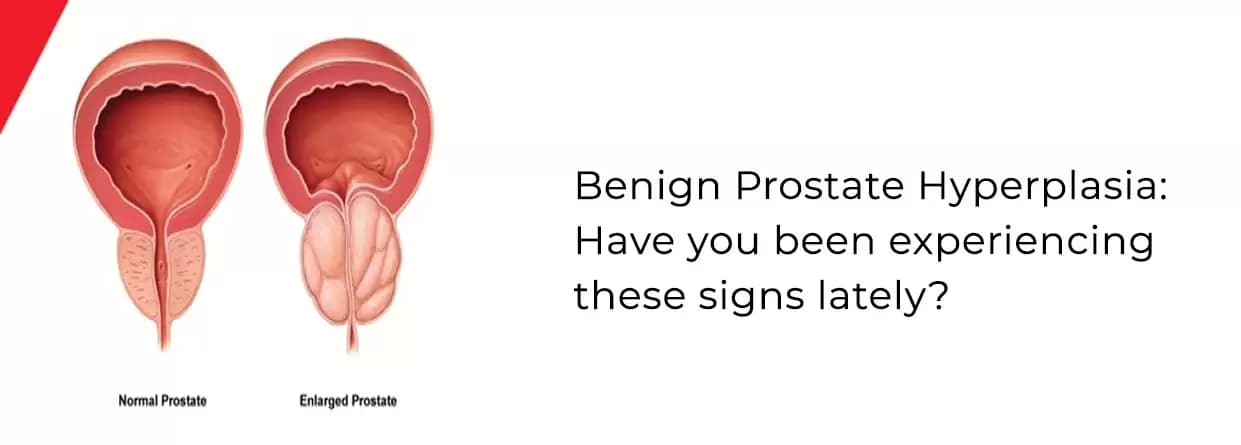
Are you experiencing problems related to urination? Do you occasionally see traces of blood in your urine?
Are you experiencing problems related to urination? Do you occasionally see traces of blood in your urine? Have you been experiencing a frequent urge to urinate lately? If the answer to these questions is yes, you surely need to see the best prostate specialist doctor in Kolkata because all these are signs of benign prostatic hyperplasia, a condition marked by the non-malignant enlargement of the prostate gland. Commonly referred to as BPH, the problem affects nearly one-third of men who are above 50 years of age. In 2019, around 11.26 million people were detected with BPH globally. Although the problem is so common, most people don't know much about it, and this is the reason why people usually mistake the symptoms for some other condition or overlook them
This blog, by the leading prostate treatment doctor in Kolkata, will help you understand all about BPH and why all symptoms should not be ignored.
Benign prostatic hyperplasia is a non-cancerous condition in which the prostate gland of a person becomes enlarged. Sometimes referred to as benign prostatic hypertrophy or benign prostatic obstruction, the condition is not life-threatening but is quite likely to interfere with the quality of your life. The prostate gland plays a very important role in reproduction as it performs the dual function of nourishing the sperm and serving as a medium through which these travel.
As the size of the prostate increases starts to press against the urethra and disrupts the normal flow of urine. This gives rise to a condition known as urinary retention. This means that your bladder is not able to empty itself fully.
If we are talking about any disease or ailment, we simply cannot ignore the underlying factors that are responsible for it. However, in the case of benign prostatic hyperplasia, the underlying symptom is not known. All we know is that the condition is very common in older men and does not affect men who have undergone complete orchiectomy (surgical removal of testes) before puberty. This has made many experts believe that benign prostatic hyperplasia is caused by factors related to aging or testicles.
Unlike women, men do not have a definite fertility window, which means that they produce testosterone throughout their life. However, as a man ages, the quantity of active testosterone in the body falls, leaving behind higher proportions of estrogen. This could be one of the reasons responsible for promoting cellular growth in the prostate.
If we speak in terms of the symptoms, the incidence of benign prostatic hyperplasia is higher in
By now you must have understood what benign prostatic hyperplasia is, let us now focus on the various symptoms associated with it. Here are the most common of these, as listed by the experts from the best hospital for prostate treatment in Kolkata.
If you have been experiencing any of these symptoms, don't ignore them and seek immediate medical help to ensure that your quality of life is not affected.
Similar Renal Sciences Blogs
Book Your Appointment TODAY
© 2024 CMRI Kolkata. All Rights Reserved.